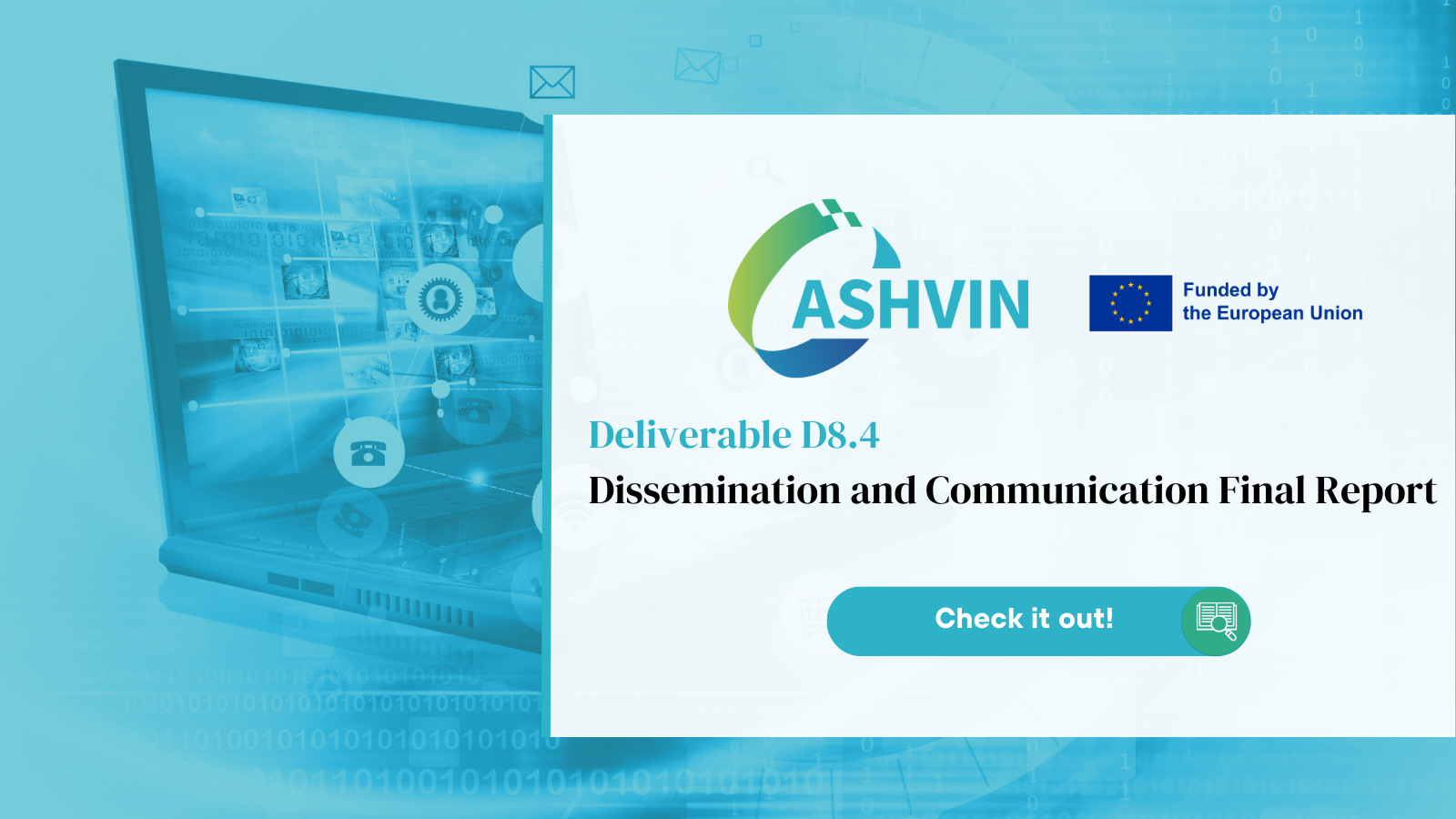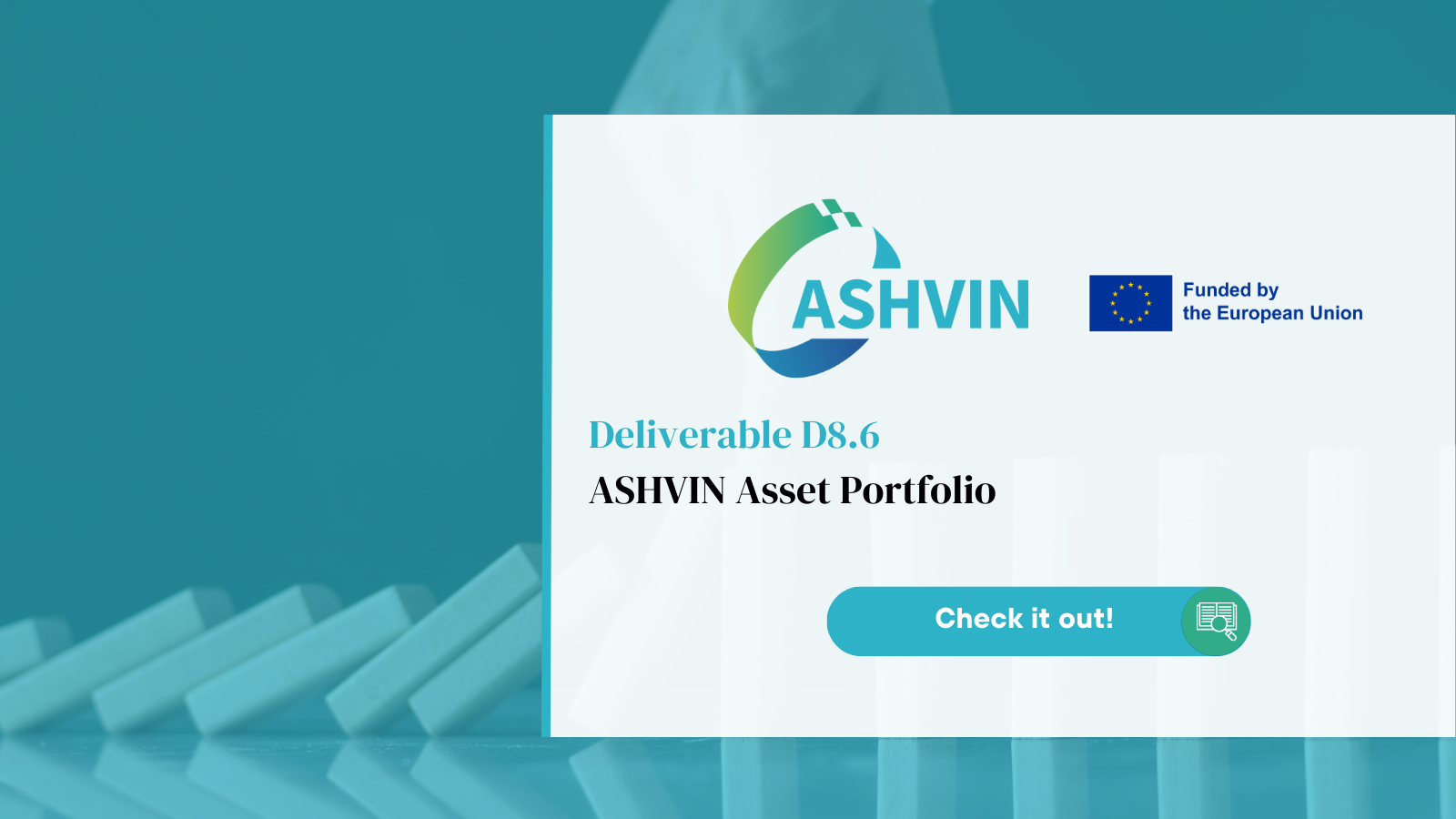There are numerous organizations developing standards, ranging from companies, consortia and industry in the private sector, to national, regional and international organizations. The latter three constitute the bulk of the international standardization system, required by the WTO TBT Agreement to follow its principles and requirements for standards development. There are also NGOs with specific socio-economic or environmental goals that develop and publish standards.
National Standardization Bodies (NSB) are standardization organizations located in each country. They bridge the local communities with groups of relevant stakeholders outside of their country and represent the pillars of the European and International standardization. Being member of European Standardization Organisations, NSBs are obliged to implement European Standards as national standards and withdraw any conflicting national standards.
The European standardization activities are conducted within the European Committee for Standardisation (CEN), the European Committee for Electrotechnical Standardisation (CENELEC), and the European Telecommunications Standards Institute (ETSI).
CEN brings together the national standardization bodies of 34 European countries and provides a platform for standardization in various areas, including products, materials, services, and processes. CENELEC ensures standardisation in the electro-technical engineering field, and ETSI produces standards for information and communications technology.
The network of European standardization includes more than 200.000 experts from different countries and from different stakeholders’ groups, i.e. business, industry and commerce, service providers, consumers, environmental and societal organisations, public authorities and regulators, as well as other public and private institutions.
The European Standardization Organisations aim to support needs of the market and of different stakeholders, promoting the European Standardization System and leading the implementation of best practice in standardization around the world. They collaborate with key stakeholders’ organisations at national, European and international level, support international Standardization and cooperate closely with international Standardization Organisation such as ISO and IEC.
Participation in European Standardization follows the national delegation principle, i. e. national members host national committees populated with national stakeholders and these national committees contribute to the elaboration of European Standards.
International standardization activities are conducted in three major international standardization organisations: International Organization for Standardization (ISO), International Electrotechnical Commission (IEC) and International Telecommunication Union (ITU).
If you want to learn more about standards, please download our official deliverable D6.1 Standardization Plan and connect with us through our LinkedIn or our Twitter communities!





